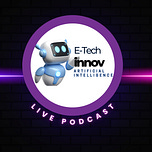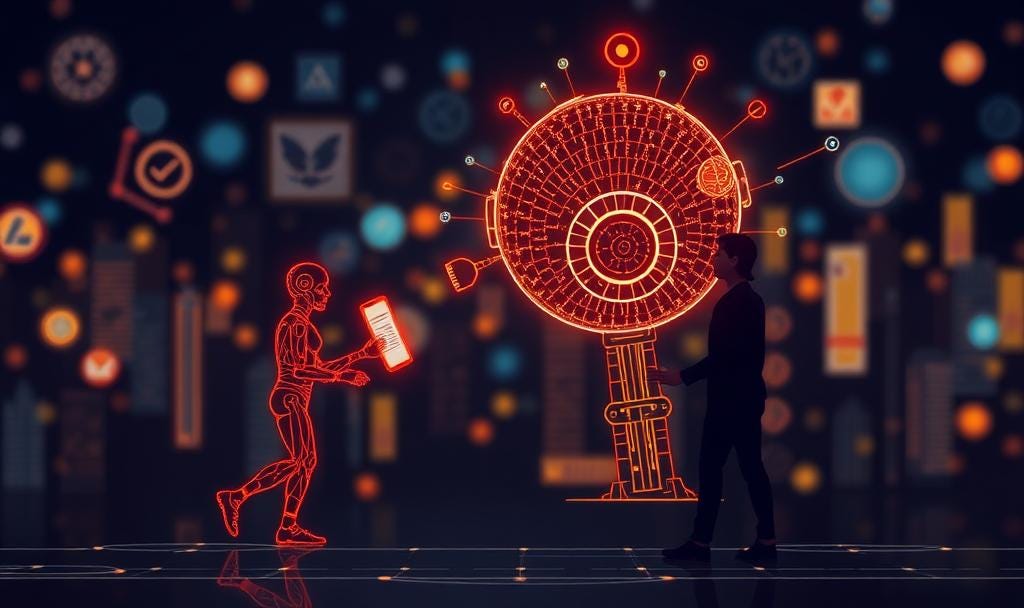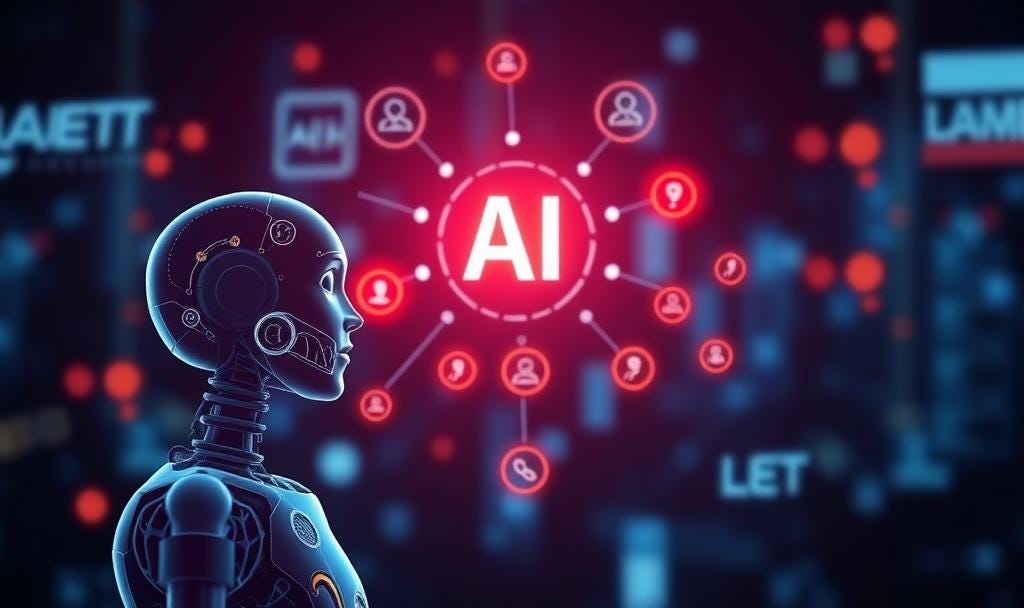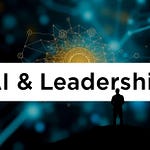In today’s fast-paced digital world, understanding your audience goes far beyond demographic data and purchase history. To craft meaningful connections, marketers must delve deeper into the emotional drivers behind consumer behavior. Enter artificial intelligence (AI), a game-changing tool that has revolutionized behavioral marketing. By leveraging AI, businesses can gain insights into emotional contexts and behavioral patterns to create seamless, personalized experiences for their customers.
This blog podcast explores how AI is transforming behavioral marketing, highlighting its role in enhancing trust, fostering innovation, driving efficiency, and ultimately delivering growth.
Behavioral marketing revolves around understanding why people act the way they do. Historically, marketers relied on customer surveys, focus groups, and instinct to decode human behavior. But with the wealth of data generated by digital interactions, manually deciphering such behavioral insights has become impractical.
AI changes the game entirely. By using machine learning, natural language processing, and predictive analytics, AI performs at scales inconceivable to humans—analyzing billions of interactions in real time while identifying patterns and emotional cues. The result? Hyper-personalized marketing campaigns that resonate deeply with customers, building trust and loyalty like never before.
The Benefits of AI in Behavioral Marketing
1. Unparalleled Personalization
Consumers crave experiences that feel tailored to their individual needs. AI allows marketers to deliver personalization at scale by analyzing behavioral data—everything from browsing patterns to social media activity.
Take Netflix, for instance. Its sophisticated recommendation engine uses AI algorithms to predict what viewers want to watch next, based on past viewing habits, search patterns, and genre preferences. By tapping into user behavior, Netflix creates a deeply personal viewing experience, boosting customer retention and satisfaction.
2. Precision in Customer Targeting
Gone are the days of trial-and-error customer targeting. AI uses predictive analytics to segment audiences based on their behavior and likelihood to convert. Tools like propensity modeling allow businesses to focus their campaigns on buyers with the highest potential, reducing wasteful ad spend.
Amazon excels in this space. By predicting customer needs before they even make a purchase, Amazon positions product recommendations that feel intuitive. This precise targeting not only improves the customer journey but also contributes to the company’s staggering ROI.
3. Real-Time Decision-Making
In an era where attention spans are at an all-time low, timing is everything. AI-powered behavioral marketing allows brands to act on opportunities instantly. Chatbots, recommendation systems, and social media tools armed with AI deliver real-time insights that adapt to a user’s immediate actions.
Consider Spotify’s Discover Weekly. The platform harnesses AI to analyze users’ listening habits in real time and curates personalized playlists every week. This adaptive marketing strategy feels fluid and relevant, keeping listeners engaged and loyal.
4. Enhanced Customer Journey Mapping
By understanding consumer emotions and intent, AI doesn’t just map the customer journey—it refines it. From the first touchpoint to a completed sale, AI ensures that every interaction feels cohesive and optimized for the individual.
Starbucks demonstrates this masterfully through its mobile app. Using AI, the coffee giant suggests menu items and promotions that are not only geolocation-specific but also cater to time-of-day behaviors. Furthermore, the app’s loyalty program integrates seamlessly with customer preferences to create a frictionless, enjoyable user experience.
5. ROI Optimization
Every marketer’s ultimate objective is driving growth while keeping costs low. AI solutions streamline marketing efforts by reducing inefficiencies and automating tasks. From segmenting audiences to launching adaptive campaigns, AI ensures businesses get the maximum return on their investment.
Breaking the Myths: AI Is Here to Empower, Not Replace
One of the prevailing concerns around AI is the fear that it will replace human marketers. In reality, AI augments human capabilities—it doesn’t diminish them. By automating repetitive tasks and providing actionable insights, AI frees marketers to focus on what they do best: creativity, strategy, and storytelling.
For business leaders and marketers, educating themselves on the transformative potential of AI can unlock opportunities to seamlessly integrate it into their organizations. To build trust with both internal teams and customers, it’s important to view AI as a tool that enhances the human marketing experience rather than one that replaces it.
The Emotional Impact: Building Trust and Satisfaction
For modern consumers, trust is paramount. They want to feel understood, valued, and cared for—not treated as another data point in a CRM system. One of AI’s greatest strengths is its ability to humanize brands by delivering emotionally intelligent interactions.
Take, for example, AI-driven sentiment analysis. This technology uncovers the emotional undertone of customer emails, social media posts, and reviews. By understanding how a customer feels, brands can adjust their messaging accordingly—offering solutions with empathy rather than generic responses.
When deployed thoughtfully, AI not only improves customer satisfaction but becomes a force multiplier for trust and long-term loyalty.
Taking the First Steps Into AI-Powered Behavioral Marketing
If the thought of integrating AI into your strategy feels overwhelming, start small. Identify low-hanging opportunities for AI adoption, such as implementing a chatbot or using predictive analytics to segment your audience more effectively. Platforms like Google Analytics 4, HubSpot, and Adobe Sensei provide accessible entry points for marketers who are just beginning their AI journey.
Partnering with the right tools and experts is another key step. By collaborating with AI consultants or software providers, you can gain tailored strategies to align this technology with your business goals and customer needs.
A Final Word: Embracing Innovation to Drive Growth
AI in behavioral marketing is more than a trend—it’s an evolution that empowers businesses to connect meaningfully with their audiences. By understanding emotional contexts and tailoring highly personalized experiences, AI drives trust, efficiency, and growth in ways that were previously unimaginable.
For marketers and business owners willing to embrace this innovation, the opportunities are endless. Whether it’s through real-time customer interactions, precise targeting, or enhanced journey mapping, AI offers an unmatched ability to engage, inspire, and convert.
It’s time to reimagine your marketing strategies and let AI lead the way in transforming customer relationships and business outcomes.
What’s your next step? Start exploring the AI tools your competitors are already using—and ensure you stay ahead of the game in this rapidly evolving landscape.



















Share this post